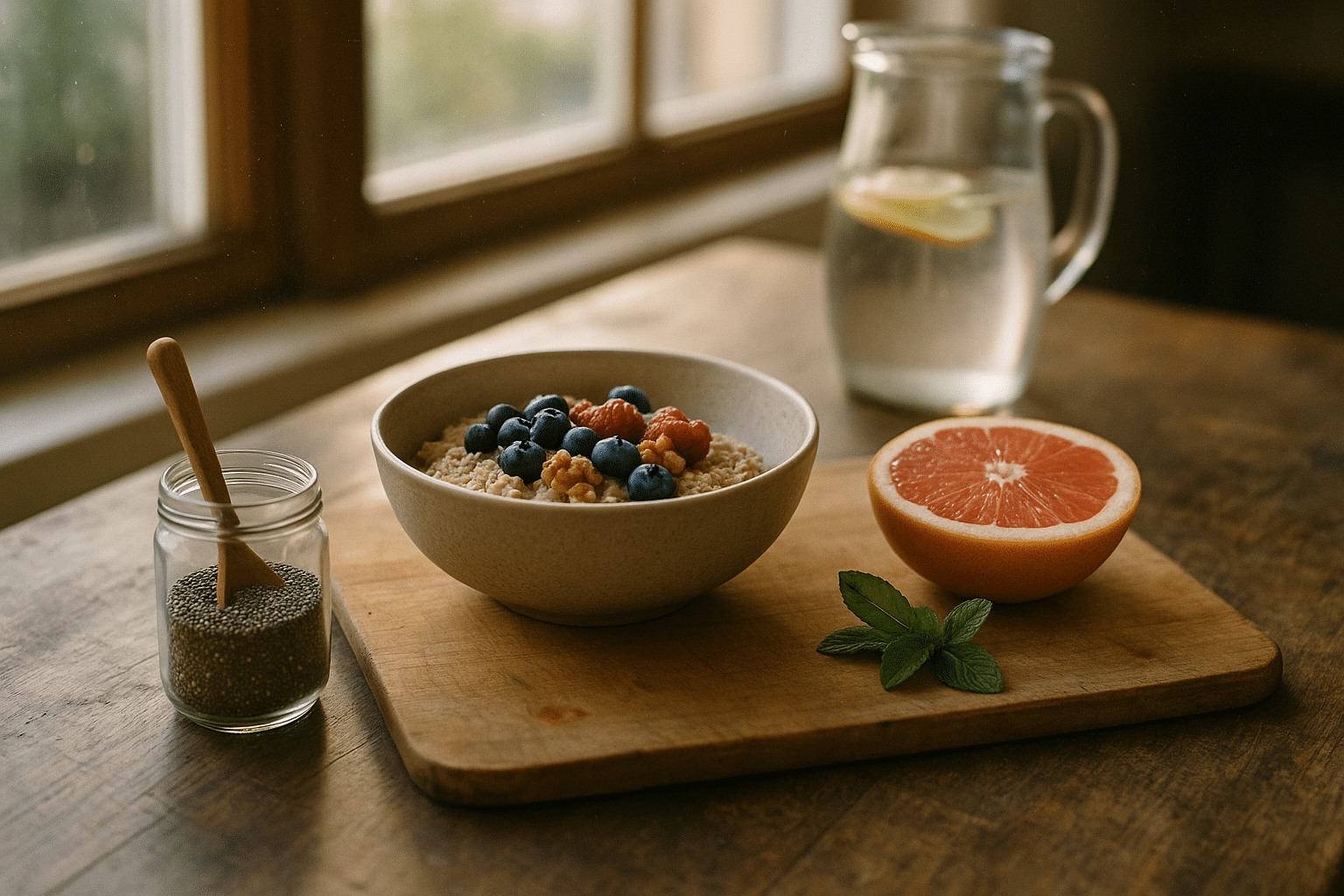
Top 5 Nutritional Strategies for Enhanced Athletic Performance
Athletes often seek the edge that will elevate their performance, and nutrition is a critical component in achieving those goals. While training regimens and recovery practices are vital, the right nutritional strategies can significantly enhance athletic performance.
Understanding the Role of Nutrition in Athletic Performance
Nutrition plays a pivotal role in athletic performance by providing the energy needed for training and recovery. From macronutrients to hydration, each component is essential in optimizing an athlete’s potential.
1. Fueling with Carbohydrates
Carbohydrates are the primary energy source for athletes. According to sports nutritionist Nancy Clark, ‘Carbs are the fuel that keeps your engine running.’ A study from the Journal of Sports Sciences highlights that athletes can improve endurance by consuming a diet rich in carbohydrates. Aim to incorporate whole grains, fruits, and vegetables to maintain energy levels.
2. Protein for Muscle Repair
Protein is crucial for repairing and building muscle tissue. Consuming adequate protein can help speed recovery and build strength. Experts suggest athletes consume 1.2 to 2.0 grams of protein per kilogram of body weight daily. Lean meats, dairy products, and plant-based sources like beans are excellent choices.
3. Hydration is Key
Proper hydration is often overlooked but is essential for peak performance. Dehydration can lead to fatigue, decreased coordination, and muscle cramps. The American College of Sports Medicine recommends athletes consume 500-700 ml of fluid approximately three hours before exercise and continue hydrating during and after their workouts.
4. Timing Nutrient Intake
When you eat can be as important as what you eat. Eating a balanced meal 3-4 hours before exercise and a small snack 30-60 minutes prior can enhance performance. Post-exercise, a combination of carbs and protein within 30 minutes can aid in recovery.
5. Incorporating Healthy Fats
Healthy fats are essential for long-term energy and cellular function. Omega-3 fatty acids, found in fish and flaxseeds, can reduce inflammation and improve joint health. Including these fats in your diet can provide sustained energy levels and support overall well-being.
Sample Nutritional Plan
| Meal | Time | Components |
|---|---|---|
| Breakfast | 7:00 AM | Oatmeal with fruit and nuts |
| Snack | 10:00 AM | Greek yogurt with berries |
| Lunch | 1:00 PM | Grilled chicken salad with quinoa |
| Snack | 4:00 PM | Hummus with veggie sticks |
| Dinner | 7:00 PM | Salmon with brown rice and steamed broccoli |
| Post-Workout | 8:30 PM | Protein shake with banana |
| Hydration | Throughout the day | Water and electrolyte drinks |
| Supplements | As needed | Multivitamins and omega-3 |
For optimal hydration, consider drinking a sports drink with electrolytes to replenish lost minerals during intense workouts.
FAQs on Nutrition for Athletes
How much protein do athletes need?
Athletes need between 1.2 to 2.0 grams of protein per kilogram of body weight daily, depending on their sport and training intensity.
Why are carbohydrates important for athletes?
Carbohydrates are the primary energy source for athletes, fueling their muscles and improving endurance performance.
What are some good sources of healthy fats for athletes?
Good sources include avocados, nuts, seeds, and fatty fish like salmon, which provide essential fatty acids for energy and recovery.
Conclusion
Optimizing nutrition is key to enhancing athletic performance. By focusing on the right balance of carbohydrates, proteins, fats, and hydration, athletes can achieve their performance goals and maintain overall health. Consider these nutritional strategies to support your training and competitive endeavors.


